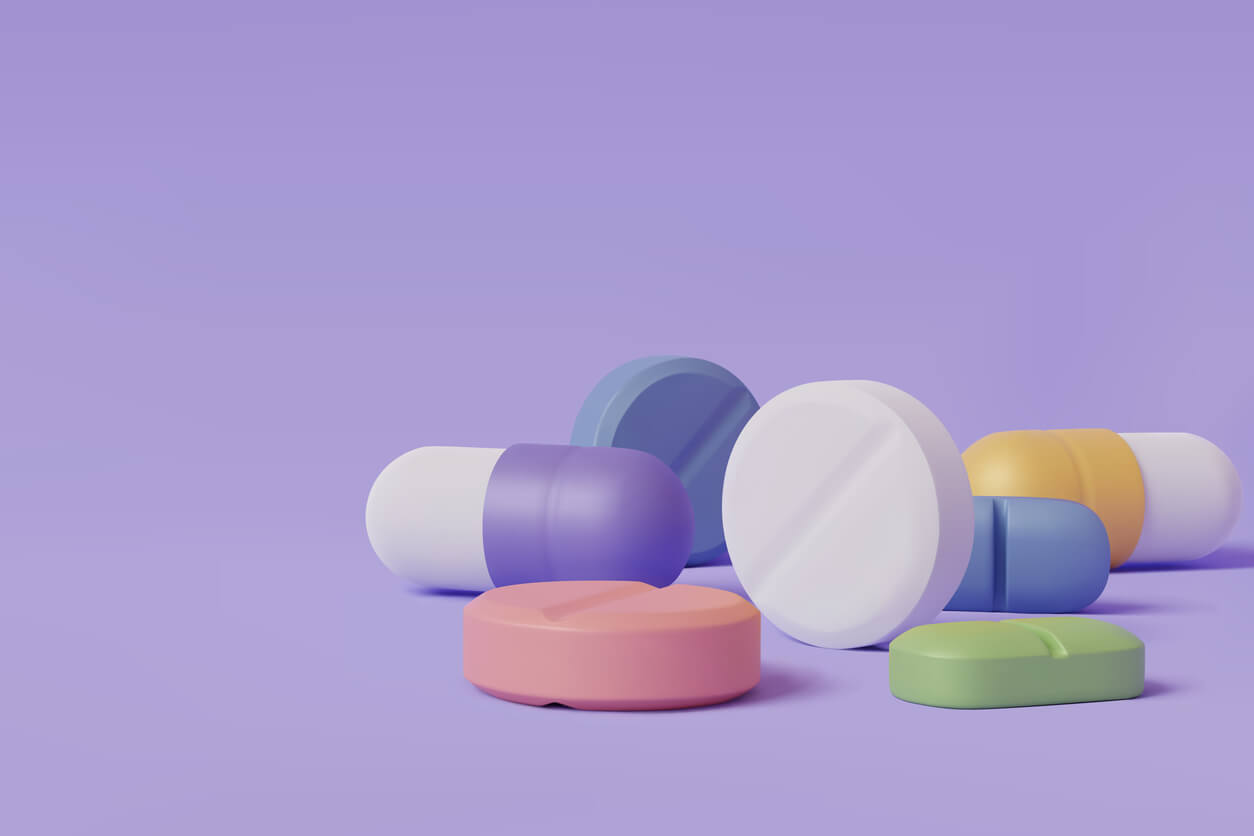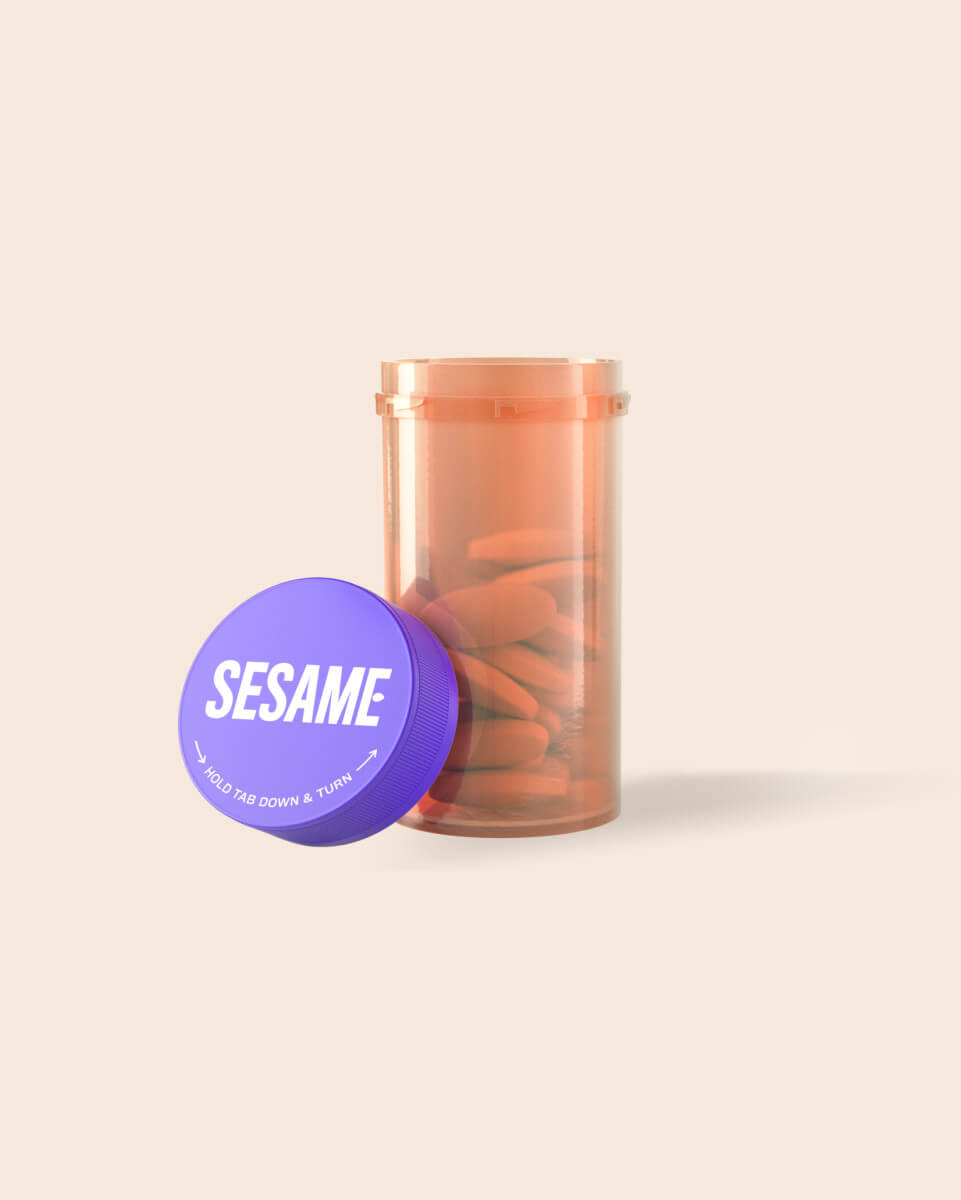Statins: Uses, Types, and Side Effects
Key takeaways
- Statins are prescription drugs used primarily to lower “bad” (LDL) cholesterol and raise “good” (HDL) cholesterol, which helps reduce your risk of heart disease and stroke.
- There are several different types of statins, including atorvastatin, rosuvastatin and simvastatin
- Though generally safe and widely used, statins can cause side effects like headaches, muscle aches, digestive issues, and in rare cases more serious reactions — so it’s important to talk with your doctor about whether they’re right for you.
Statins are a type of medication used to treat high cholesterol. These drugs generally work by lowering low-density lipoproteins (LDLs, or “bad” cholesterol) while raising levels of high-density lipoproteins (HDLs, or “good” cholesterol).
This is important, since high cholesterol is a leading cause of cardiovascular issues like heart disease and strokes. In fact, the Centers for Disease Control and Prevention (CDC) estimates that statin use can lower a patient’s risk of heart disease by 25%.
Around half of American men between the ages of 65 and 74 use statins, while nearly 4 in 10 women over the age of 75 use these drugs. Nearly a quarter of all American adults over 45 are taking some form of statin medication for high cholesterol.
Statins usually come in the form of oral tablets or capsules. These medications are only available via a prescription from a healthcare provider. This means that you cannot get them over-the-counter at your pharmacy.
Read on to learn more about what statins are for, how they work, types of statins, and how to know if statins are right for you.
What are statins used for?
Statins, along with a healthy diet and lifestyle changes, are prescribed to treat high cholesterol. Cholesterol is a form of lipid, a waxy substance that helps your body make cells, vitamins, and hormones.
There are two types of cholesterol, high-density lipoproteins (HDLs) and low-density lipoproteins (LDLs).
- HDLs (good cholesterol) take excess LDLs back to the liver, where they are broken down and flushed from the body.
- LDLs (bad cholesterol) carry cholesterol throughout the body, delivering cholesterol to cells that need it. While LDLs play a key role in cell health, they can build up if your body has more cholesterol than the cells need. This buildup turns into plaque in the arteries (blood vessels). As plaque covers the artery walls, the blood vessels become narrow. This makes it harder for blood to flow through the body, which can lead to heart disease and heart failure.
How do statins work?
Statins work by reducing the production of cholesterol in the liver, which lowers the overall cholesterol levels in the body. Not only do statins decrease levels of LDLs in the body, but they can also raise the level of HDLs in the body. In other words, they keep the body from making too much of the “bad” cholesterol that builds up in arteries while increasing the amount of “good” cholesterol that carries the “bad” cholesterol out of the body.
This dual action, along with diet and exercise, has been shown to effectively lower overall cholesterol levels in patients.
What are the different kinds of statins?
Statins are among the most commonly prescribed drugs in the United States.
FDA-approved statins include:
- Atorvastatin (generic for Lipitor)
- Lovastatin (generic for Mevacor)
- Pravastatin (generic for Pravachol)
- Rosuvastatin (generic for Crestor)
- Simvastatin (generic for Zocor)
These drugs are available in various doses. The specific dosage of statin medication prescribed will depend on the severity of the patient’s condition and health history. Statins are widely used and considered safe for most people. However, these drugs have been shown to cause some side effects, and their use may be discouraged in some patients.
It is also important to note that statins are never prescribed by themselves. In addition to prescription medication, patients managing high cholesterol will be directed to increase their physical activity and maintain a healthy diet. These lifestyle adjustments help improve the overall effectiveness of statin drugs while providing a more holistic and sustainable means of keeping cholesterol levels down.
What are the common side effects of statins?
Statins are among the most commonly prescribed drugs in the world. In general, their benefits outweigh any possible risks of adverse effects. However, statins have been shown to cause some adverse effects.
Common side effects of statin use include:
- Headache
- Dizziness
- Nausea
- Muscle and joint pain and aches
- Gas
- Diarrhea
- Constipation
- Heartburn
If you begin to experience a skin rash, hives, or difficulty breathing after taking statin medication, you should seek medical attention immediately. These are early signs of an allergic reaction—a potentially life-threatening medical emergency.
Before starting treatment with any form of statin, talk to your health care provider about any medications or supplements you are taking. Statins can interact with other drugs and substances, potentially causing adverse reactions. You should also tell your provider if you are pregnant or plan to become pregnant before starting treatment with statin medication.
Lifestyle changes & statin use
It is important to note that statins are prescribed in conjunction with dietary changes and lifestyle adjustments. Some important lifestyle and nutritional strategies that should be implemented along with statin drug use include:__
- A healthy diet. Limit your consumption of processed foods, animal fats, and salt. Good fats are okay, but eat them in moderation. Veggies are your friend, as well as fruits and whole grains.
- Exercise. Regular physical activity is part of a healthy lifestyle and may help you prevent and manage high cholesterol.
- Achieve and maintain a healthy weight. This can help support lower cholesterol levels.
- Quit smoking. Stopping smoking can help improve your good cholesterol in as little as 30 days.
- Minimize alcohol consumption. Drinking alcohol in excess is harmful to your body and can cause weight gain and cardiovascular issues.
- Manage stress. Meditate, schedule therapy, take time off, spend time with family and loved ones—whatever helps reduce stress and improve your quality of life.
How can Sesame help?
Providers on Sesame can write a prescription for statins – or refill an existing one – during a online high cholesterol visit if it's right for you. Any prescribed medications can then be sent to your pharmacy for same-day pickup at a nearby pharmacy or delivered to your door.









